A Closer Look at Germany’s Wine Exports in 2024
Much has been made of an increase in German wine exports last year. Dr. Karl Storchmann reports that the data are open to interpretation.

Much has been made of an increase in German wine exports last year. Dr. Karl Storchmann reports that the data are open to interpretation.
Karl Storchmann has been a Clinical Professor of Economics at New York University since 2009. He holds a Ph.D. in Economics from the University of Bochum in Germany (1998). Dr. Storchmann is a co-founder and the Editor of the Journal of Wine Economics, and the Executive Director of the American Association of Wine Economists (AAWE). He has taught or held permanent or visiting positions at various universities, including UCLA, Yale University, and Bordeaux Sciences Agro (2014–present). He is an applied microeconomist whose research focuses on environmental and industrial organization issues related to agriculture and the wine market. His most recent work examines the effects of tariffs on the wine industry. He has published wine-related papers in academic journals such as Agricultural Economics, the American Economic Review, Economic Inquiry, the Journal of Wine Economics, the Review of Economics and Statistics, and the Review of Industrial Organization.
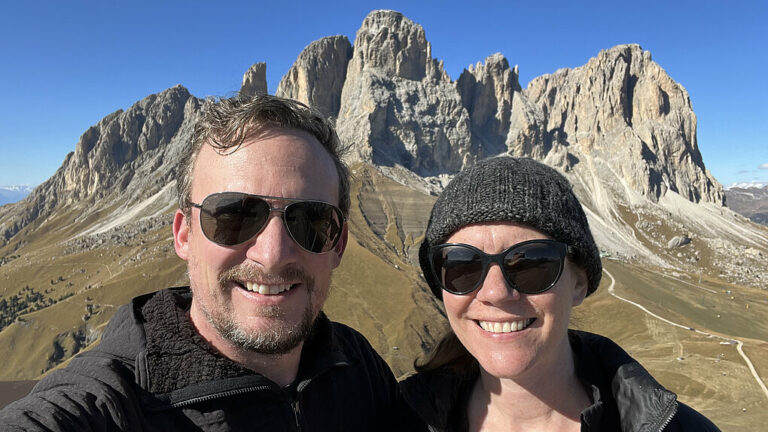
Archetype, a Portland, Oregon-based import start-up, is focused on Alpine wines. They are refining consumer's understanding of the category and building community near and far.
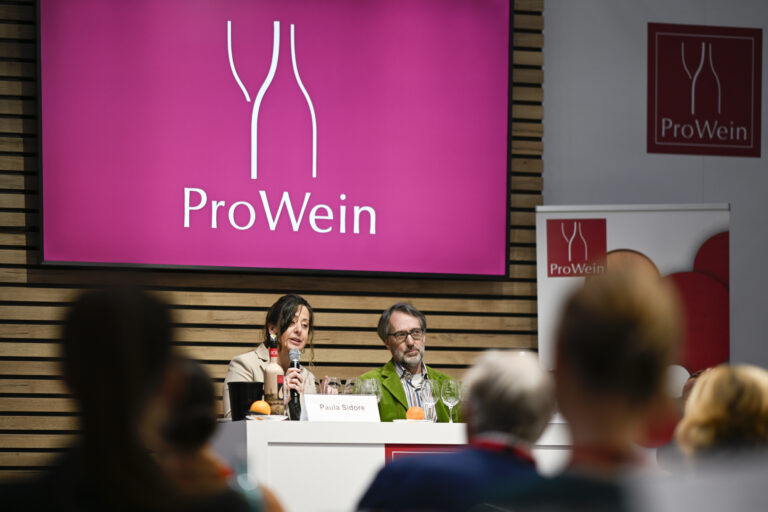
A ProWein primer on how to survive and thrive at the world's largest wine and spirits trade fair.
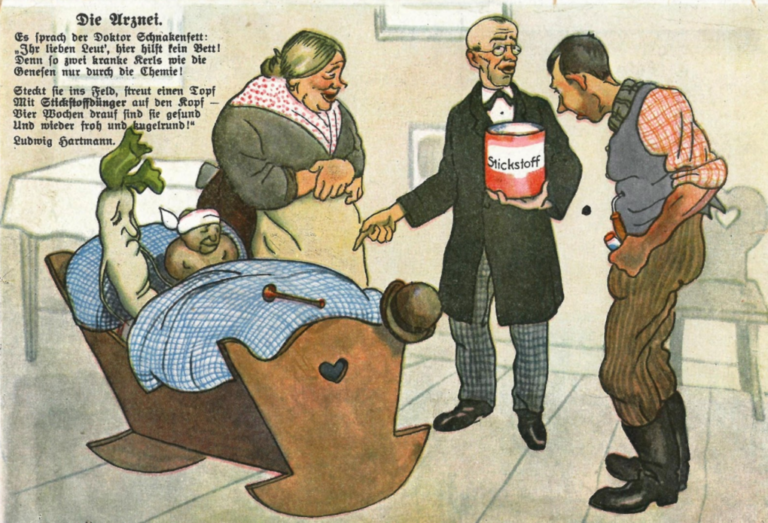
Above, a postcard from the German fertilizer industry of the 1920s. At the time, perspectives on soil were changing: Until then, people had spoken of plant growth as being affected by forces; afterward, it was substances. Deficiencies could simply be addressed with the help of agrochemistry. As recently as a decade ago, biodynamic viticulture could be shrugged off as “some dogma about phases of the moon and cow horns.” But now that we find a who’s who of the wine world on the member lists of relevant biodynamic organizations, it’s no longer so easy to cancel adherents to this form of farming. Those…...
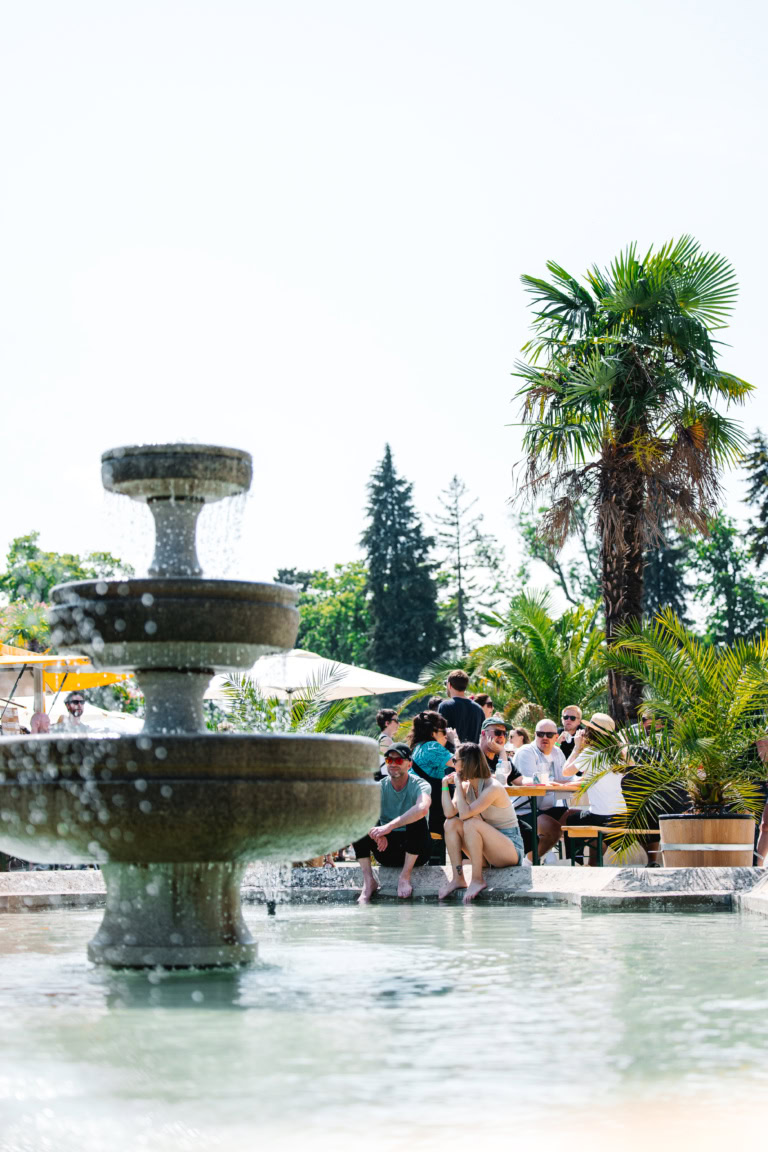
The festival where character meets connection over a glass of wine
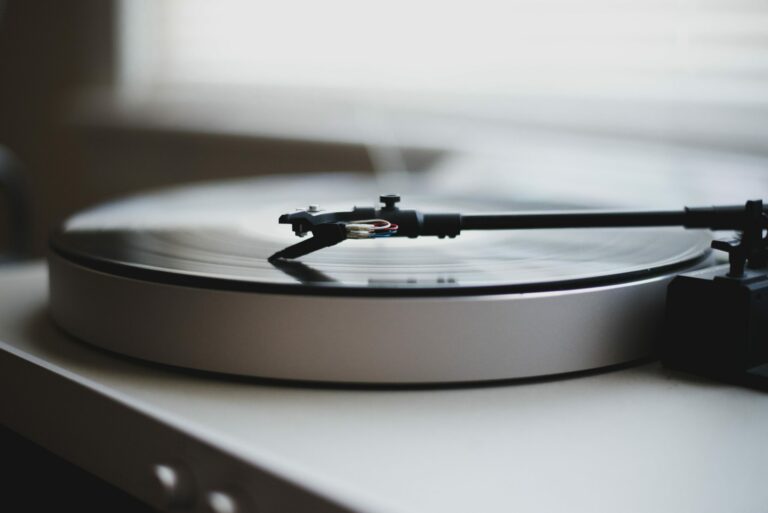
I’ve been a fan of B sides since, well, pretty much since there have been B sides. Record companies have historically used vinyl’s flipside as a holding pen for unreleased or less desirable concept material. Pieces that don’t fit the brand; supplementary songs with minimal hopes and lower aspirations. Filler. Yet, to me B sides embody the edgy and unpredictable, the vulnerable creative underbelly of both artist and medium. Let’s call rosé, the pink “wunder” of the last decade, our A side. Industry figures show that rosé now constitutes some 9% of the global wine market. Thirty-nine percent of wine drinkers in…...
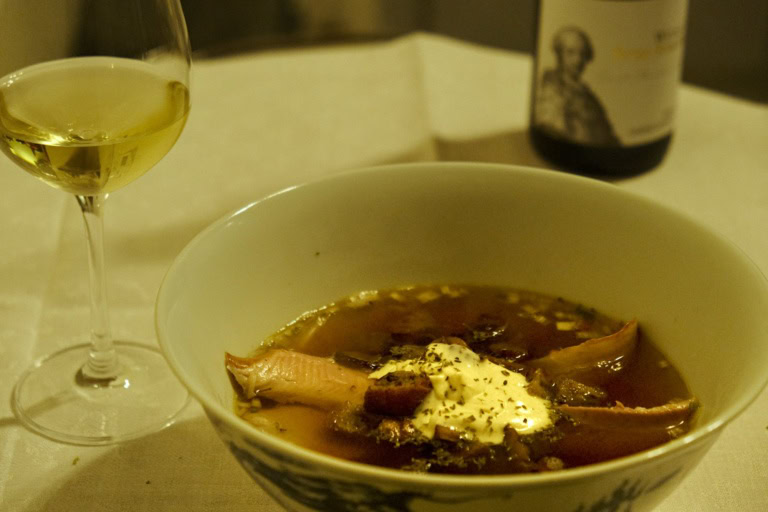
There is no fish soup in the Pfalz. Sad, but true. Like most of Germany’s winegrowing regions, the Pfalz is simply too far removed from the sea for fish to feature prominently in its traditional cuisine. By extension, Pfalz fish soup is practically a culinary contradiction. A delicious deception. A seafood swindle. A Pfalz cookbook is a celebration of rustic comfort: Leberknödel (liver dumplings), Kartoffelsuppe mit Speck (potato soup with bacon, often in unlikely combination with plum cake), and, of course, Saumagen (stuffed pig’s stomach). Arguably the region’s culinary signature dish, this is a hearty, sausage-y mix of pork, potato,…...
Enjoy unlimited access to TRINK! | Subscribe Today